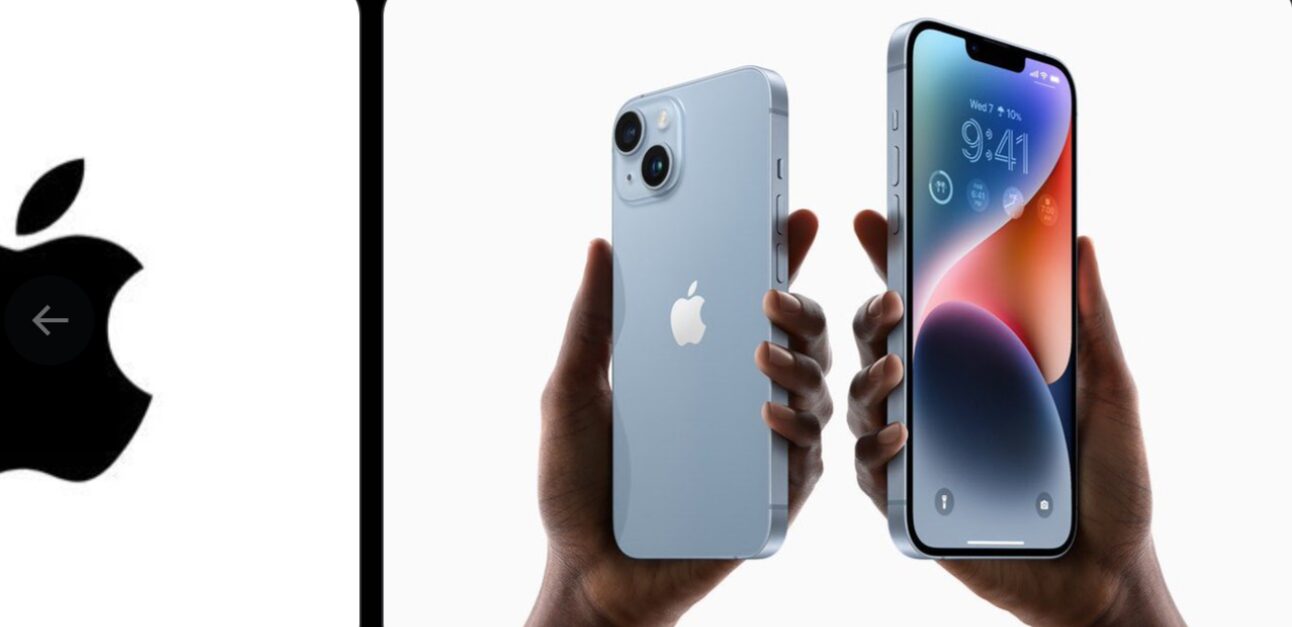Apple agrees to pay $95,000,000 to settle a lawsuit accusing the company of using Siri to spy on people with iPhones and other devices
Apple Agrees to Pay $95 Million to Settle Lawsuit Over Siri Privacy Allegations
In a landmark settlement, Apple has agreed to pay $95 million to resolve a lawsuit that accused the tech giant of using its voice assistant, Siri, to spy on users of iPhones and other Apple devices. The lawsuit, which was filed by several plaintiffs who claimed that Apple secretly recorded their private conversations, has garnered significant attention due to concerns over privacy in the digital age. The settlement, which still requires court approval, marks the end of a contentious legal battle and shines a light on the broader debate about data privacy, consent, and the ethical use of voice-activated technology.
In this post, we’ll explore the details of the lawsuit, what the $95 million settlement means for Apple and its users, and the broader implications for tech companies that handle personal data.
The Allegations Against Apple
The lawsuit that led to the $95 million settlement centered around accusations that Apple used its voice assistant, Siri, to record and listen in on users without their consent. The plaintiffs claimed that Siri, which is activated by voice commands on iPhones, iPads, Macs, and other Apple devices, was secretly recording private conversations even when users didn’t intend to activate the voice assistant.
Apple’s Siri is designed to respond to voice commands, such as “Hey Siri,” to perform tasks like sending messages, setting reminders, or answering questions. However, the lawsuit alleged that, during the course of interacting with Siri, the company also recorded private conversations, including sensitive and confidential information, without the users’ knowledge or consent. These recordings were allegedly sent to Apple’s servers for analysis and evaluation.
The plaintiffs argued that this practice violated their privacy rights and constituted illegal surveillance, as they had not agreed to be recorded outside of the Siri interactions they had initiated. They further contended that Apple failed to disclose how Siri recordings were stored, used, and shared, raising significant concerns about the transparency of Apple’s data privacy policies.
The $95 Million Settlement
In an effort to resolve the legal dispute, Apple has agreed to settle the lawsuit by paying $95 million. The settlement will be distributed among users who had Siri enabled on their devices during the period covered by the lawsuit. While the settlement does not imply any admission of wrongdoing on Apple’s part, it does provide financial compensation to those affected by the alleged privacy violations.
As part of the settlement, Apple has also committed to making changes to its policies and practices related to Siri. These changes are aimed at increasing transparency and ensuring that users are fully informed about how their data is being collected and used. The company has pledged to provide clearer disclosures regarding how Siri recordings are handled, as well as offering users more control over their data and privacy settings.
The settlement also includes provisions for strengthening the consent process for Siri, including requiring users to actively opt-in to certain data collection practices. This move aligns with broader trends in the tech industry, where companies are increasingly under scrutiny for their data privacy practices and are being pressured to provide more control to users over their personal information.
The Impact on Apple’s Reputation
The settlement marks a significant chapter in Apple’s ongoing efforts to maintain its reputation as a privacy-conscious company. Apple has long marketed itself as a leader in protecting user privacy, touting features like end-to-end encryption and robust data protection measures. However, the allegations in this lawsuit have raised questions about the extent to which the company’s practices align with its public stance on privacy.
For Apple, the $95 million settlement is a relatively small financial cost compared to its massive global revenue, but the reputational damage could be more substantial. The lawsuit has brought to light concerns about the company’s handling of user data, particularly in relation to voice-activated technologies, which are increasingly common in modern devices. Apple will likely face increased scrutiny from regulators, privacy advocates, and consumers, particularly as more people become aware of the potential risks associated with voice assistants like Siri.
The Broader Debate Over Voice Assistant Privacy
Apple is not the only company facing privacy concerns related to voice assistants. Other tech giants, including Amazon (Alexa), Google (Google Assistant), and Microsoft (Cortana), have also been the subject of similar privacy complaints. In particular, allegations that these companies secretly recorded conversations or failed to adequately protect user data have raised alarms about the ethics of voice-activated technologies.
The debate over voice assistant privacy is part of a larger conversation about the balance between convenience and privacy in the digital age. On one hand, voice assistants like Siri offer users unparalleled convenience by allowing them to control devices and access information with simple voice commands. However, these technologies also create potential vulnerabilities in terms of data security and privacy, as they rely on microphones that are always listening for a trigger word or phrase.
In the case of Apple, the lawsuit highlighted concerns about the level of transparency that tech companies provide regarding their data collection practices. Many users may not fully understand the extent to which their interactions with Siri, or other voice assistants, are being recorded and analyzed. This lack of clarity has led to growing demands for stronger privacy protections, as well as clearer and more explicit consent processes for users.
Legal and Regulatory Implications
The settlement also has broader legal and regulatory implications for the tech industry as a whole. The case underscores the growing pressure on companies to ensure compliance with privacy laws and regulations, particularly in regions like the European Union, where data protection laws like the General Data Protection Regulation (GDPR) have set a high standard for user consent and data handling.
In the U.S., state-level privacy laws are beginning to take shape, with California’s Consumer Privacy Act (CCPA) and other similar laws pushing for greater accountability from tech companies. The outcome of this lawsuit could influence future legal actions against other companies, as it sets a precedent for holding tech giants accountable for their data collection practices.
For Apple, the settlement may serve as a reminder of the importance of maintaining trust with consumers when it comes to privacy. As more people rely on voice assistants and other AI-powered technologies, companies will face increasing pressure to protect user data and ensure that consumers are fully aware of how their personal information is being used.
Lessons for Users and Tech Companies
For users, the settlement serves as a reminder to be cautious about the data they share with voice assistants and other connected devices. While these technologies can make life easier, they also come with potential privacy risks. Users should regularly review their privacy settings, understand what data is being collected, and know how to manage or delete their voice recordings.
For tech companies, the lawsuit reinforces the importance of transparency and user consent when it comes to data collection. As privacy concerns continue to grow, companies must be proactive in educating users about how their data is being used and offer more control over that data. Failing to do so could result in legal challenges, fines, and damage to a company’s reputation.
In Conclusion
The $95 million settlement between Apple and users over the Siri privacy allegations marks a pivotal moment in the ongoing conversation about data privacy in the tech industry. While Apple has agreed to pay compensation to affected users, the company’s reputation and its commitment to privacy will continue to be scrutinized, particularly as voice assistants and other AI-driven technologies become more integrated into daily life.
This case serves as a reminder to tech companies that consumer trust is a valuable asset and that transparency and consent are key to maintaining that trust. As the digital world becomes increasingly interconnected, privacy concerns will remain at the forefront of the conversation, and companies that fail to prioritize user rights may face more legal and reputational challenges in the future.

















Post Comment